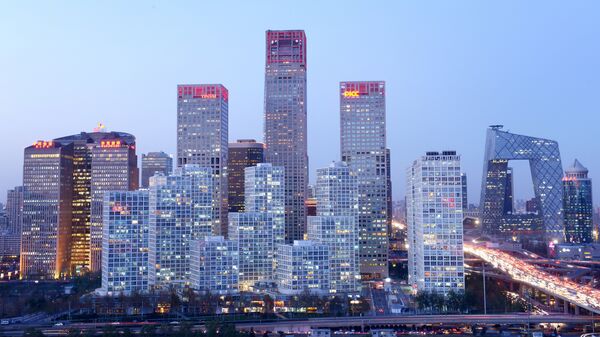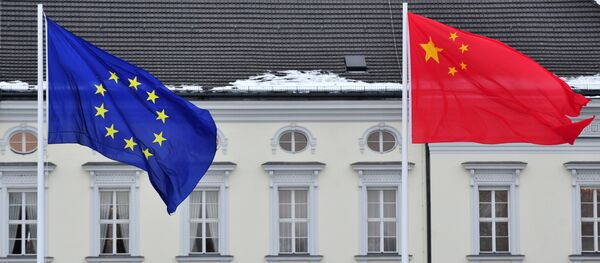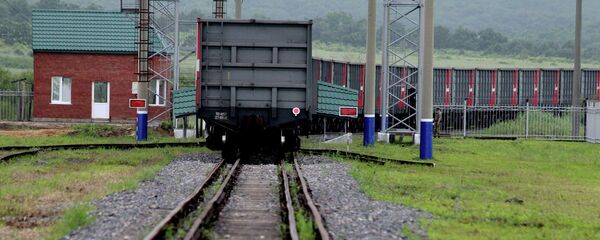BEIJING (Sputnik) — China will press on with a tighter monetary policy in 2017 while the course of the yuan is expected to be stable, People's Bank of China Governor Zhou Xiaochuan said Friday.
"We are continuing to pursue a tight monetary policy," Zhou said at a press conference.
The People's Bank of China, which acts as the country's central bank, retains a significant arsenal of monetary tools but will continue down the path of moderation, he added.
The yuan's exchange rate is also not expected to see any significant fluctuations this year, according to the governor.
"I am certain that, given a stable and more healthy development of the Chinese economy… the rate will naturally tend toward stability. We are also not planning any major policy changes in this regard, but we will be more careful in terms of restraining. Under these conditions, we are certain that the yuan's exchange rate will be relatively stable this year," Zhou stated.
The People’s Bank of China hiked its interest rates earlier this year as well as tightened money supply in an effort to stem the country's excessive credit, private debt and the housing bubble. A policy shift from monetary to fiscal also took place after growth rates slumped to a 25-year low in 2016. Earlier in March, Premier Li Keqiang warned against risks associated with bad loans, bond defaults and shadow banking and announced a monetary policy shift from "moderate" to "moderately neutral."
China's Central Bank Calls on Finance Sector to Help Reduce Production Capacity
China's financial sector should facilitate the reduction of the country's excessive production capacities to overcome oversupply in key industries, China's Central Bank head said.
"In the past some enterprises in the spheres, where it is necessary to reduce excessive production capacities, borrowed too much money. The reduction of excessive capacities is an essential policy, so the financial sector should put all efforts in facilitating the reduction of excessive capacities," Zhou said.
The Chinese economy is one of the largest in the world, however its several sectors, such as coal and steel industries, are facing overproduction crisis. In order to cope with the situation, Beijing had initiated the reform aimed at reducing production.
According to Ning Jizhe, the deputy chairman of China's National Development and Reform Commission, apart from steel and coal industries, the oversupply is taking place in nonferrous-metals industry and in the sphere of the construction materials production.



